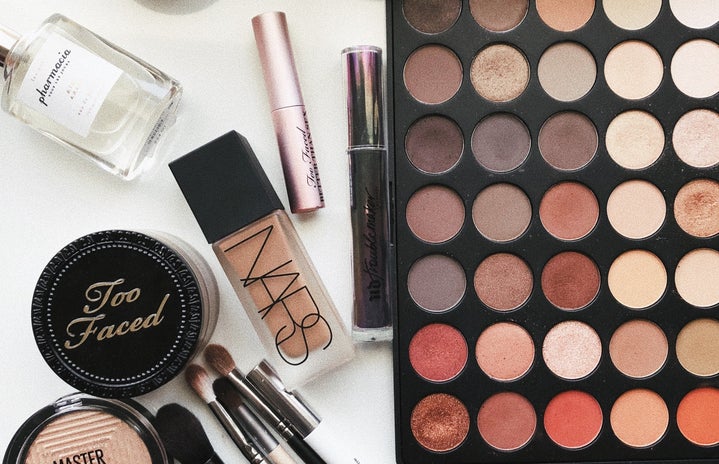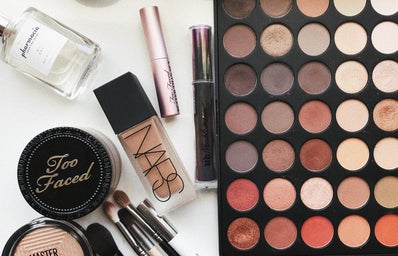For years, women and young girls with dark complexions have been pressured to bleach their skin. Studies have consistently shown that beauty standards, often set by European cultures, prompt people of color to make changes head to toe. The thing that really gets to me is they say that beauty lies within, but in the society we live in, we tend to judge people constantly without even realizing it. Colorism is discrimination based on skin color amongst individuals with dark skin color. Colorism is prevalent all throughout social media, and young women get unrealistic beauty standards by companies all making the mistake of only having light-skinned models/promoting products geared towards light-skinned women.
- Fair and Lovely
-
Fair and Lovely (now known as Glow and Lovely) is an Indian skin-lightening cosmetic product of Hindustan Unilever introduced to the market in India in 1975. Unilever patented the brand Fair and Lovely in 1971 after the patenting of niacinamide, a melanin suppressor, which is the cream’s main active ingredient.
The target consumer profile of Glow and Lovely is the 18 and above age group, and the bulk of the users are in the age 21-35 category, though there is evidence that girls as young as 12-14 also use the cream. Fair and Lovely, now Glow and Lovely is also sold at Asian supermarkets in the U.S. Writer and activist Poorna Bell said that Unilever’s announcement of changing the product’s name was “hugely disappointing. It doesn’t do enough to make reparations for the untold mental and emotional damage caused by colorism; renaming the products doesn’t mean anything—that’s still colorism by another word.”
- It Cosmetics
-
It Cosmetics’ Bye Bye Foundation has been subjected to a lot of scrutiny. Their foundation only has one shade that is actually suited for darker skin tones. It Cosmetics founder Jamie Kern Lima gave an inclusivity speech about the brand and how it would incorporate make-up palletes for dark-skinned women, but this was all supposedly a lie based on the fact that It Cosmetics foundation is geared toward light-skinned women and there is only one shade that dark-skinned women could even try.
- Tarte
-
Tarte Cosmetics released their new line of Tape Shape Foundations on Martin Luther King Jr. Day two years ago, and people quickly noticed the lack of shade diversity. What makes this even worse is that Tarte Cosmetics’ Tape Shape concealers are inclusive, so fans were rightfully confused as to why the same consideration for darker-skinned people was not taken into account for their foundation. To add more salt to the wound, Tarte cosmetics didn’t even respond to the controversy and disabled their Instagram comments section when announcing the release of their new foundation line.
As you can see, make-up brands have been slowly starting to gear their products towards the light-skinned woman and don’t have any consideration for dark-skinned women. Brands like MAC and Maybelline have recognized the need for inclusive make-up for all skin tones, but some brands just need a little more catching up to do.



